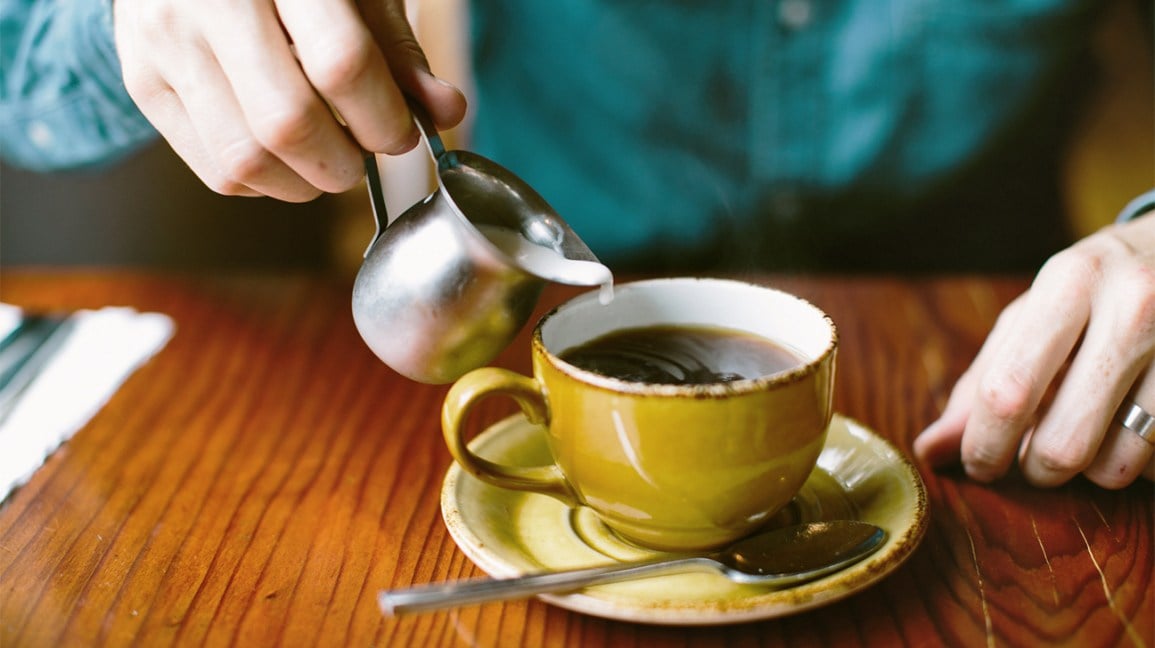Like most working people, you probably also need a cup of caffeine to start your day. But did you know that caffeine might be the reason you’re not as productive as you wish to be? Although coffee can have its pros, there are also some cons to it. Below I have laid out some ways you can play the game and make caffeine the reason behind your productivity boost.

As soon as you wake up, don’t grab your cup of coffee just yet. A stress hormone known as cortisol is at its highest level when you wake up. Drinking coffee while your cortisol levels are up will just cause you to feel more tired than you should be. On average, cortisol levels are at its highest around 8 or 9 in the morning. So, wait it out until about 10 am because that is when your cortisol levels have more likely declined. By then, you’ll be feeling much more energized and ready to take on the day. But please remember to have breakfast and hydrate before you have your cup of coffee. As much as possible, drink water the moment you wake up as you’ve been asleep for several hours and are, therefore, dehydrated. Drinking coffee on an empty stomach can cause your body to release hydrochloric acid, which gives your stomach trouble breaking down food.
By the time the afternoon comes, it’s common to lose focus because you start to feel groggy and tired. While the most common route is to drink another cup of coffee and soldier on, it’s actually more effective to take a quick 15-minute nap right after you’ve had your cup of coffee. It’s hitting two birds with one stone, dare I say. The reason for this is because caffeine does not get absorbed by the body instantly, so you won’t even feel any of its effects when you take your caffeine nap. When you wake up, the caffeine has been absorbed by then and, now, you feel much more refreshed. You had your boost of caffeine, plus you were able to rest, albeit short. It’s a win-win, isn’t it?
However, be wary of the time. Don’t drink coffee too late into the day as you might end up feeling restless and unable to sleep come bedtime. Caffeine can stay in your body for up to 6 hours, so try to avoid drinking coffee after 4 in the afternoon. Some people can manage to sleep soundly regardless of their caffeine intake, but if you’re not one of these people, then, it’s best you avoid doing it.
I know coffee can be a great lifesaver during days where you just feel tired and done fore, but please be conscious of some of its negative effects when you consume too much. Avoid drinking too much coffee every day lest you develop a caffeine addiction. The more dependent you are to coffee, the more ineffective it becomes to you. Lastly, too much caffeine consumption can even lead to your body being in a constant state of fight or flight, A.K.A. you develop anxiety, which is why it’s important to always maintain a good balance between things. Caffeine is good in moderation, but too much of it can be detrimental to your health.
